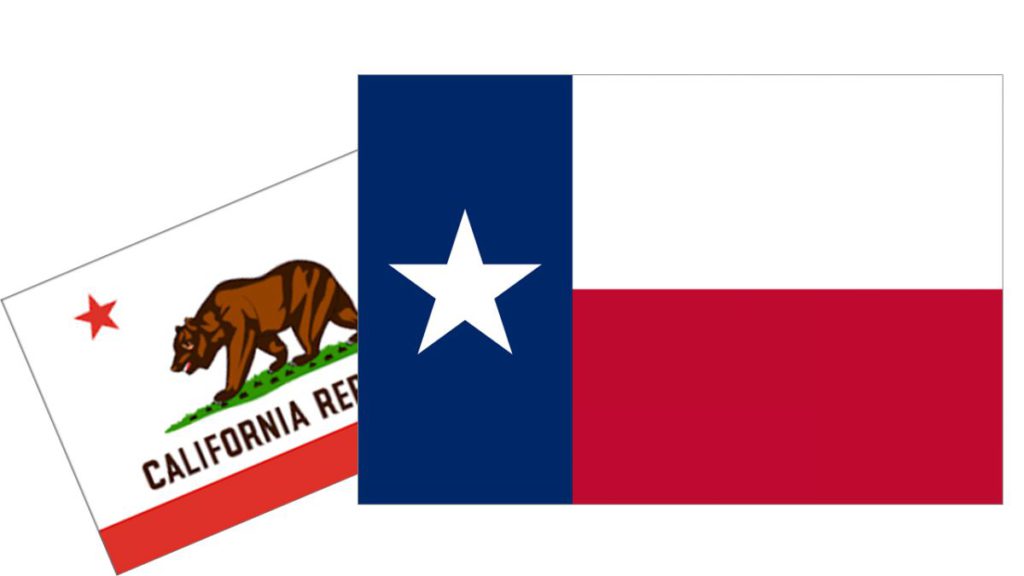Iowa, a Midwestern U.S. state, sits between the Missouri and Mississippi rivers. It’s known for its landscape of rolling plains and cornfields. Landmarks in the capital, Des Moines, include the gold-domed, 19th-century State Capitol Building, Pappajohn Sculpture Park, and the Des Moines Art Center, noted for its contemporary collections. The city of Cedar Rapids’ Museum of Art has paintings by native Iowan Grant Wood.
Des Moines is the capital city of Iowa. The gold-domed Iowa State Capitol building is among the 19th- and early-20th-century landmarks of the East Village area. The Des Moines Art Center is noted for its contemporary collections and Pappajohn Sculpture Park. Local produce and live music are draws at the Downtown Farmers’ Market. The Greater Des Moines Botanical Garden has outdoor plant displays and a geodesic dome.
Before moving to Iowa City, Iowa, there are a few things you should know about Iowa City first! Many consider it one of the best places to live in Iowa, while others find our housing costs to be a bit high compared to the rest of the state. But you know how it goes…you pay for prime location, entertainment, jobs education, and opportunity.
If you’re moving to Iowa, there are a lot of things you’re going to need to know. Luckily, you’ve come to the right place.
Here are a few pros and cons to consider as you make your move to The Hawkeye State:
Iowa is known throughout the world as America’s heartland, the source of an abundant supply of top quality agricultural and manufactured goods. The natural wealth of Iowa’s soil, our cutting edge technology, world-class educational system, and quality workforce has allowed Iowa to yield a diversified economy.
Iowa has developed a robust mix of industries from its strong agriculture foundation. Why? Well, Iowa understands its strengths, with focused strategies in place to spur industry growth and job creation.
The US average is 3.7%. Iowa has seen the job market increase by 0.9% over the last year. Future job growth over the next ten years is predicted to be 26.8%, which is lower than the US average of 33.5%. – The Sales Tax Rate for Iowa is 6.8%.
Top industries in Iowa are healthcare and social services (15.7 percent); wholesale and retail trade (14.5 percent); manufacturing (13.1 percent); and education (12.9 percent).
Iowa Taxis and Car Rental
Iowa is well situated for drivers coming to the state by road. Interstate 35 runs north to south right through the center of the state, while Interstate 80 passes from east to west. From these two major highways, it’s easy to reach any town in Iowa, making driving a good option for travelers who want to see more of the state and have the flexibility to reach out-of-city attractions like the Amana Colonies.
Iowa Trains and Buses
The bus is the most common form of long-distance transportation to reach Iowa and move around the state between cities. Besides the pervasive Greyhound bus, travelers can also choose Burlington Trailways, Jefferson Lines, or the Megabus (connecting Des Moines, Iowa City, and Chicago).
In comparison to other states in the U.S., Iowa is considered one of the most reasonably priced places to reside. Iowa ranked the ninth cheapest state to live in.
Living in Iowa gives you more bang for your buck. the adjusted value of $100 in Iowa is $111.73 vs $85.32 in Hawaii! Mortgage payments in Iowa are among the lowest in the nation, averaging out to about $900 a month.
Homeowners insurance protects you from disasters like theft, fire, natural disasters, personal injury, and more. Insurance premiums vary depending on where you live, the age of your home, the size of your home, and the type of home you own. On average, Iowans are met with a monthly insurance payment of about $61 or a yearly fee of $734.
Utilities for a home generally include water, electricity, gas and garbage service. For a family of four in Iowa, the water bill can range between $45 and $60 each month. The average electric bill for homeowners in Iowa is approximately $90 each month, and gas bills average around $60 per month. Waste removal services can range between $10 and $20 per month, depending on availability and location.
A family of four can anticipate spending around $650 each month on groceries. Cable and internet have become a staple in many homes throughout U.S. Iowans can expect to anywhere from $40 to $139 for cable and internet, depending on their location and available providers. A middle-of-the-road plan averages $70 per month.
Moving is one of the most exciting and overwhelming events in our lives. While there are many moving companies and various different resources to choose from, there is only one Real Movers. If you are in the process of planning a long-distance move, and you are looking for a moving company you can trust, Real Movers is your perfect choice.















